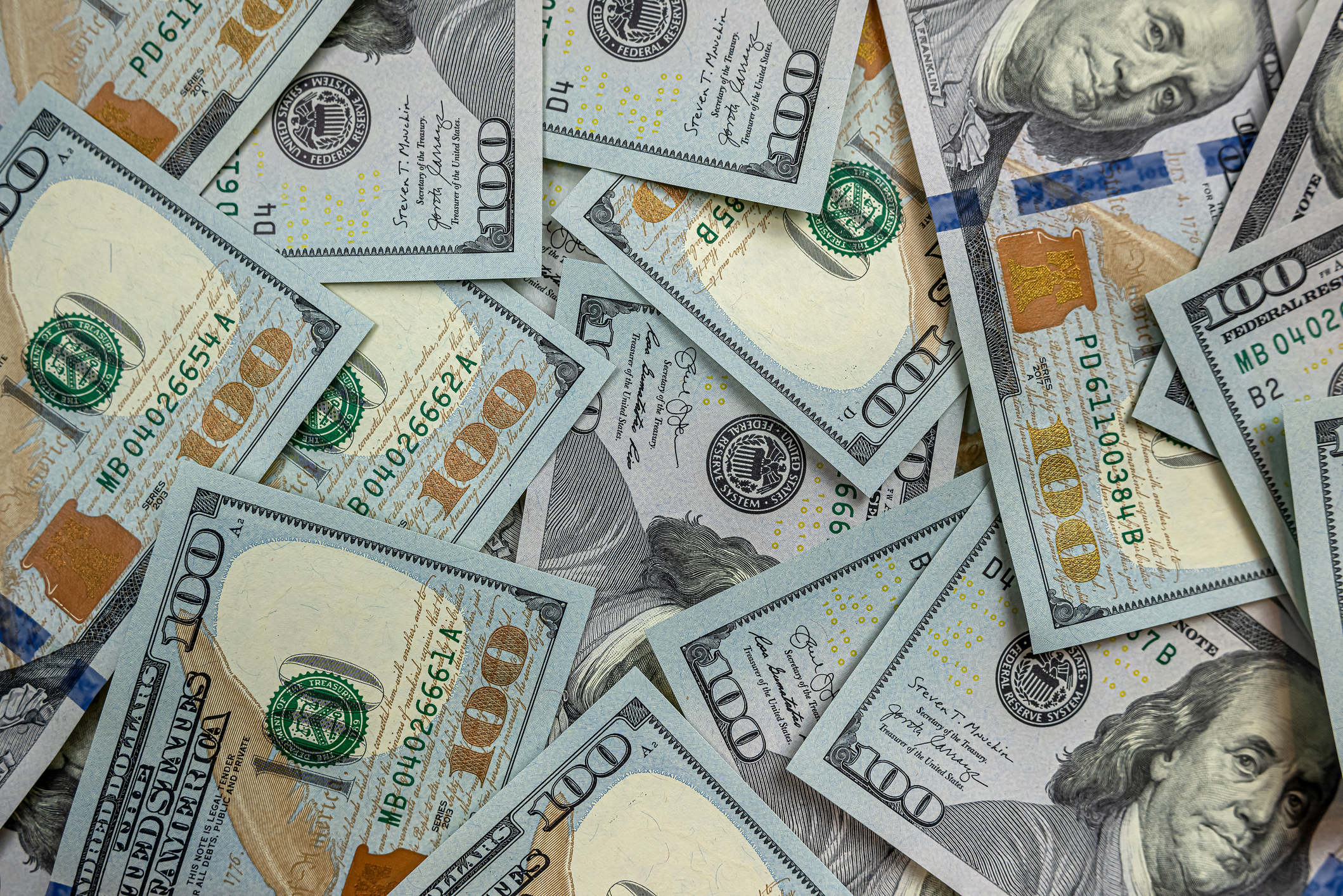Chloe wanted to transition careers from waitressing to an office job, but her budget was tight. She barely had enough money to get by, and had to take on two jobs as she worked toward the career change.
That’s where a $1,000 monthly check was able to help.
“I was so happy,” Chloe said. “I felt like you did remove a great deal of stress off of me.”
The monthly check was part of one of the largest basic-income studies to date, carried out by OpenResearch and backed by OpenAI CEO Sam Altman. It gave low-income participants a monthly guaranteed check for three years with no conditions attached, to see what they would do with it.
The results of that study, published this week, showed that workers like Chloe could save 1.3 hours per week if given $1,000 a month. Elizabeth Rhodes, research director for OpenResearch, told Newsweek this equates to about eight fewer days of employment per year for each recipient.
“The flexibility cash provides gives people agency to prioritize what matters most to them based on their unique goals, circumstances and needs, including their work,” Karina Dotson, the research and insight manager of the study, told Newsweek.
“Employment decisions for single parents or caregivers are going to look different than someone without children, or someone with a chronic health condition.
For Anthony, another participant in the study, his biggest sources of stress at the time were his daughter’s health and his family’s finances. Anthony’s 9-month-old baby was born three months premature and has specialized medical needs.
Stock photo/Getty Images
While working in customer service, Anthony’s graphic-design side hustle was his real passion. The $1,000 a month “unlocked his potential,” according to OpenResearch. The money allowed Anthony to go back to school and take classes in an advanced technology program. It also helped him save up for a new apartment for his family.
“The cash assistance program kind of lit a fire on me,” Anthony said. “Like bro, you can do it now. You have a little extra money to boost yourself and get you over that starting line. Do something with it. Do something about it.”
Anthony’s primary source of income is now through his graphic design business.
“Some recipients showed that as long as they have enough money to meet their basic needs, they are willing to give up some additional income to meet their other needs—for caregiving, leisure, learning, exploring entrepreneurship, and a myriad of other ways they value spending time,” Dotson told Newsweek.

Liz Hafalia/San Francisco Chronicle via AP
Evelyn, another study participant, wanted to own her own home. In early 2020, her credit score was in the 400s, putting a loan out of reach. She realized she could use the cash transfers from the study to pay off her bills and slowly rebuild her credit.
“There isn’t a better outcome really than the credit,” Evelyn said. “I’ve been trying to get good credit since I was 19. The moment that I could go out and get bills in my own name, I did and I was stupid. I was young and I ruined my credit, and I could never come back from it. Now, I finally have come back from that.”
Evelyn’s credit score is now approaching 700, in the “fair” category that makes it more likely she will be approved for a mortgage.
While the study cannot “speak to general equilibrium effects such as labor supply and demand across the full population,” it does show a “comprehensive impact,” according to Rhodes.
Rhodes said she’s hoping the study informs future research.
The recipients of the $1,000 were compared to a group of control participants who received $50 a month instead.
Participants reported changes in the way they approached healthcare as a result of the money, such as being 10 percent more likely to receive dental care than the control group. Recipients also increased spending on medical care by around $20 per month, and reported a 20 percent decrease in problematic drinking behavior.

Jason Redmond/AFP/Getty
Spending on support for friends and family also increased by $22 per month, 26% higher than average for the control participants.
Cara is one participant who the unconditional cash-transfer helped after an unexpected health crisis.
She ran marathons, grew up on a farm and rode her bike to work. A health condition left her in pain, with serious mobility issues, and she was eventually forced to quit her job.
She was denied benefits through the disability system, and a GoFundMe was helping her scrape by.
“The world’s kind of set up for people like, what are your accomplishments, how are you contributing? And when all of that is just, like very suddenly ripped away from you and you have to try to figure out, like, I can’t do any of that stuff. So like, who am I even to be as a person?” Cara told OpenResearch. “During the time period, while it existed in these three years, it absolutely made just living so much easier.”
Cara’s guaranteed income went toward procuring a lawyer who helped her obtain the disability benefits she was entitled to.
“The cash allowed participants the flexibility to make decisions that work best for them,” Dotson said.
Notably, the study did not find improvements “significant effects on measures of physical health” but suggested that the “increased utilization of medical care may lead to long-term health benefits.”
The results also found that the guaranteed income resulted in a bump in self-reported life satisfaction, but those improvements did not last.
“Cash alone cannot address challenges such as chronic health conditions, lack of childcare, or the high cost of housing,” OpenResearch’s report found.
Do you have a story Newsweek should be covering? Do you have any questions about this story? Contact LiveNews@newsweek.com.
Uncommon Knowledge
Newsweek is committed to challenging conventional wisdom and finding connections in the search for common ground.
Newsweek is committed to challenging conventional wisdom and finding connections in the search for common ground.
